Arts Council England takes money from almost all of us and spends it on culture for almost none of us. Among its clique of favoured writers is Ella Hickson whose work has twice been staged at the subsidised Almeida. Her first effort was a historical sketch show about oil-drilling, the second looked at the problem of elderly gropers who commission scripts from vulnerable tragediennes We have the NT to thank for her latest, Anna, a title that’s unlikely to set the pulse of theatreland racing.
Viewers take their seats and are asked to don headpieces. The stage is shielded from the auditorium by a soundproof membrane of glass that stays in place during the action. Listening to the dialogue through headphones makes us feel like secret policemen monitoring a bugged apartment. This suits the drama, which is set in east Berlin, 1968, where a technocrat named Hans is throwing a party to celebrate his promotion to deputy manager of a widget factory. Lots of people show up, some uninvited. A needy neighbour arrives whose husband has just been snatched and possibly shot dead by the Stasi. There’s a sinister doctor prescribing knockout pills disguised as pick-me-ups. An indignant athlete complains that his career has been ruined by East Germany’s culture of doping. His wife is a flirty youngster who catches the eye of a gropy old perv. It’s a busy night. The soundtrack is highly effective as it transports us behind the scenes and invites us to lean in and listen to scared characters gossiping in panicked whispers about their fellow guests.
The central dilemma concerns Hans’s wife, Anna, who recognises the factory director, Christian, as a leading member of the party. Christian was, according to Anna, the very swine who in 1945 betrayed her mum to the invading Russians and received a packet of cigarettes as his reward. Her mother was murdered with monstrous cruelty. Christian, now obsessed with Anna, has arranged Hans’s promotion in the hope of seducing her. Will she consent or rebel? There are echoes here of Ariel Dorfman’s hit drama Death and the Maiden about a former captive who confronts her torturer.
However, things are not as they appear. Half an hour in, the play turns on its head and becomes a counter-espionage tale about dissident Germans fleeing communism. It’s such a dense and tangled plot that it deserves more than its 65-minute running time. In the end it’s just a bog-standard spy mystery made interesting by postmodern headphone devices. But this gimmick creates a barrier between the stage and the audience, and seals off every viewer from his neighbour. Thus it destroys two key elements of live theatre: the interaction between the crowd and the actors, and the viewer’s sense of belonging to a collective organism larger than himself. We might as well have watched this at home. The soundtrack is credited to Ben and Max Ringham who recently collaborated on another virtuoso effort, Berberian Sound Studio, which featured complex acoustic effects and ran at the subsidised Donmar Warehouse. Give it a rest, lads. We want a play, not the Turner Prize.
Thornton Wilder, author of the script on which Hello, Dolly! was based, wrote Our Town in the late 1930s. It opens with a Stage Manager explaining that the show will take a look at life in a New England town between the years 1901 and 1913. Surely this can’t be a sociology lecture on stage? What a catastrophically boring idea. But that’s exactly what it is. A dead-safe tour of a small town and its annoyingly meek, honest and law-abiding citizens. We meet gossiping housewives, grumpy husbands, a smattering of school kids, an overworked doctor, a bland newspaper editor and a colourless cop.
Many tedious storylines unfold in parallel. The least dreary involves a romance between a shy farmer’s boy and his geeky teenage girlfriend. Their nuptials are derailed by a dotty guest who keeps announcing how happy she feels at weddings before dissolving into tears. She does this several times. It’s very funny. But the marriage is heading for tragedy and we’re warned in advance by the appearance of a ghost playing one of the newlyweds. This is not the best way to create suspense on stage. But Wilder’s script seems designed to eradicate all intrigue and narrative uncertainty.
Excellent thesps like Laura Rogers (Stage Manager) and Karl Collins (Dr Gibbs) are wasted here. The director, Ellen McDougall, dresses her actors in modern clothing until the final scenes when they appear in period togs. Why? Perhaps she feared that early 20th-century America would seem so alien to the understanding of today’s Londoners that we’d erupt in panic and race into the streets screaming for our lives. The programme notes reveal that McDougall is a former hireling of Arts Council England. That might explain the gimmick.
Anna
Where: Dorfman Theatre
Date: in rep until 15 June
Our Town
Where: Regent’s Park Open Air Theatre
Date: until 8 June
Got something to add? Join the discussion and comment below.
Get 10 issues for just $10
Subscribe to The Spectator Australia today for the next 10 magazine issues, plus full online access, for just $10.
You might disagree with half of it, but you’ll enjoy reading all of it. Try your first month for free, then just $2 a week for the remainder of your first year.

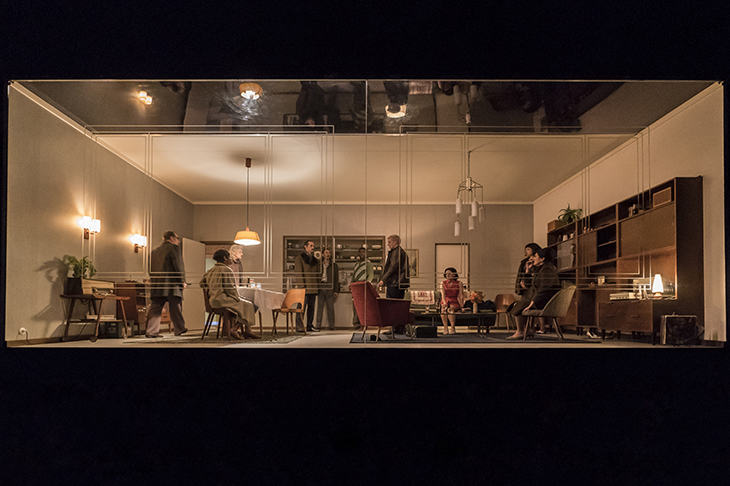

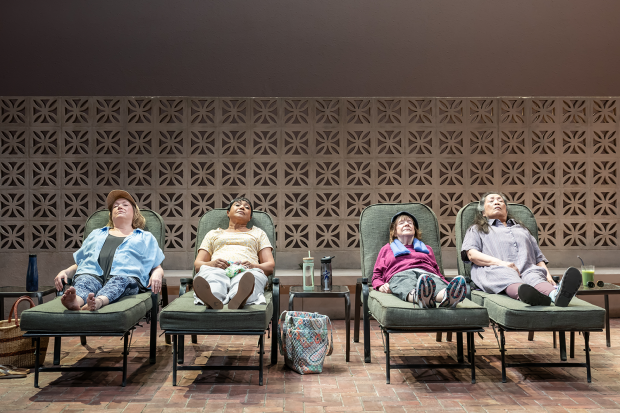
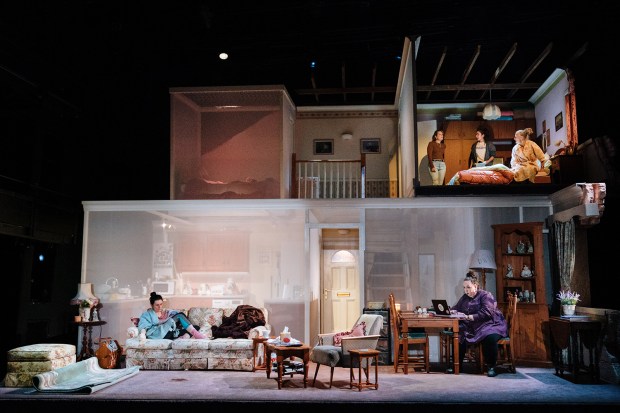
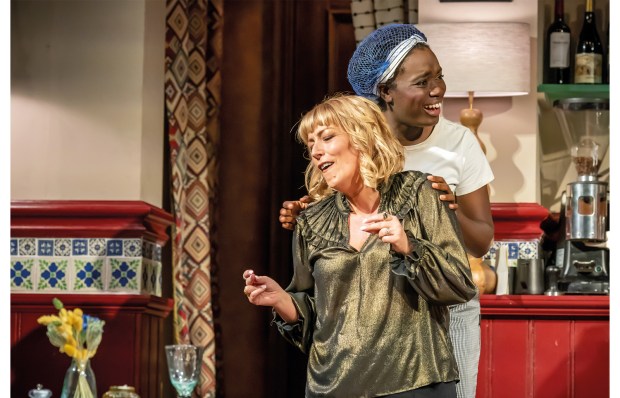
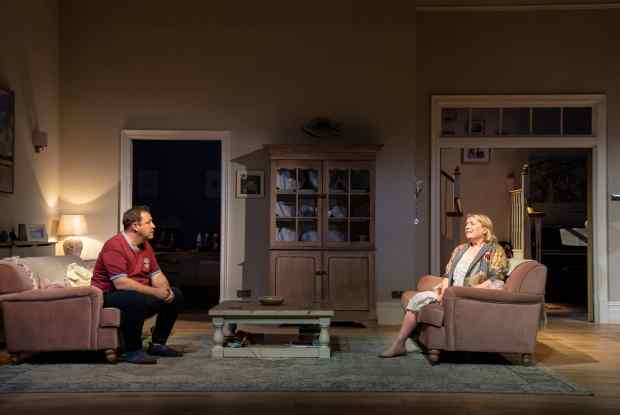







Comments
Don't miss out
Join the conversation with other Spectator Australia readers. Subscribe to leave a comment.
SUBSCRIBEAlready a subscriber? Log in